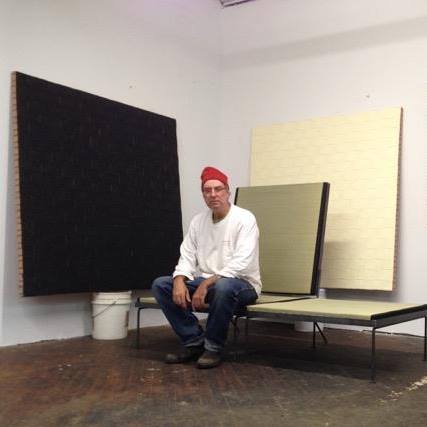Schwarz
View current page
...more recent posts
Earlier in my life there seemed to be unlimited possibilities, but my mind was closed. Now, years later and with an open mind, possibilities no longer interest me. I seem content to be continually rearranging the same furniture in the same room. My concern at times is nothing more than establishing a series of practical conditions that will enable me to work. For years I said if I could only find a comfortable chair I would rival Mozart.
My teacher Stefan Wolpe was a Marxist and he felt my music was too esoteric at the time. And he had his studio on a proletarian street, on Fourteenth Street and Sixth Avenue. . . . He was on the second floor and we were looking out the window, and he said, “What about the man on the street?” At that moment . . . Jackson Pollock was crossing the street. The crazy artist of my generation was crossing the street at that moment.
If a man teaches composition in a university, how can he not be a composer? He has worked hard, learned his craft. Ergo, he is a composer. A professional. Like a doctor. But there is that doctor who opens you up, does exactly the right thing, closes you up—and you die. He failed to take the chance that might have saved you. Art is a crucial, dangerous operation we perform on ourselves. Unless we take a chance, we die in art.
Polyphony sucks.
Because I’m Jewish, I do not identify with, say, Western civilization music. In other words, when Bach gives us a diminished fourth, I cannot respond that the diminished fourth means, O God. . . . What are our morals in music? Our moral in music is nineteenth-century German music, isn’t it? I do think about that, and I do think about the fact that I want to be the first great composer that is Jewish.
